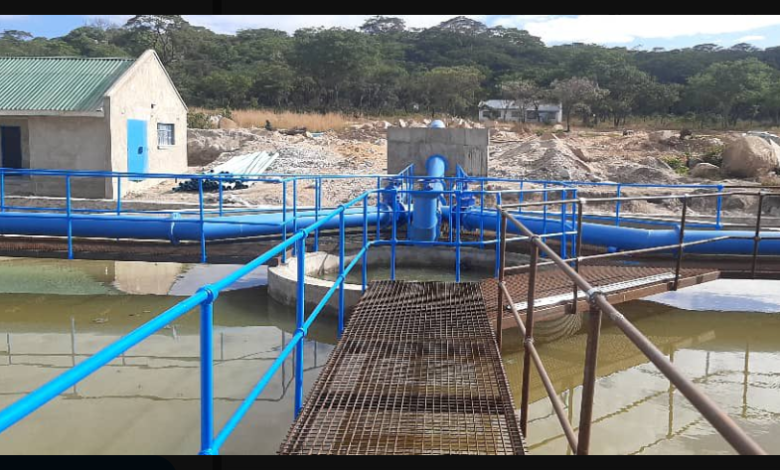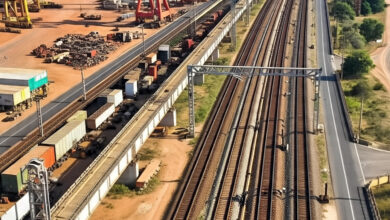Chivhu Dam Construction set to improve the townspeople’s livelihoods.

Construction of Chivhu dam is ongoing with completion of it on the horizon. The dam is in the Chikomba District, Mashonaland East Province. Surrounding communities are already benefiting from it even before its commissioning. Also, the dam’s holding capacity will be 26 million cubic metres. The dam wall is now complete while construction of the outlet, spillway and other associated structures is in progress. Furthermore, Chivhu residents are currently receiving potable water. They also are accessing water from the dam for irrigation. The dam’s construction is more than 95% complete with minor touches left.
The dam is currently feeding Chivhu town with more potable water. Access to fresh water is a challenge most Zimbabwean communities are facing. Availability of water by Chivhu residents is eagerly welcome. It is making day to day household activities easier. This is possible as Chivhu dam is currently holding water which goes to the treatment plant. Therefore, this project is improving the lives of a lot of Zimbabweans surrounding the dam. The recently constructed water treatment plant pumps more water per hour than the previous one.
Chivhu Dam: Irrigation for economic development
The dam will feed a piped water scheme set to cover 120 hectares of arable land. This will benefit the villagers that were resettled for the dam’s construction. Additionally, they are getting first priority to benefit from the irrigation scheme. Irrigation from Chivhu dam enabled these villagers to plant 20 hectares of wheat last year. Zimbabwe’s wheat supply is improving from yesteryears. Imports of the grain contribute to the large import bill and ventures like this will ease that. Currently, 90 hectares are under irrigation.
Water bodies like Chivhu dam contribute to the performance of the economy. Currently, the Government is working to improve the availability of these man-made dams. Moreso, it will also inspect the available major dams to assess them. This assessment will include their risks to public safety, extent of water loss and siltation. Negative results from these assessments will lead to improvement of the state of these dams.
Furthermore, the Minister of State for Provincial Affairs and Devolution Aplonia Munzverengwi said the project will make the lives of people living in Chivhu easier. Chivhu town’s water demand overtook the capacity of the treatment plant in the 1990s. The provision of adequate water will unlock Chivhu’s urban growth as well as its commercial and industrial potential.





